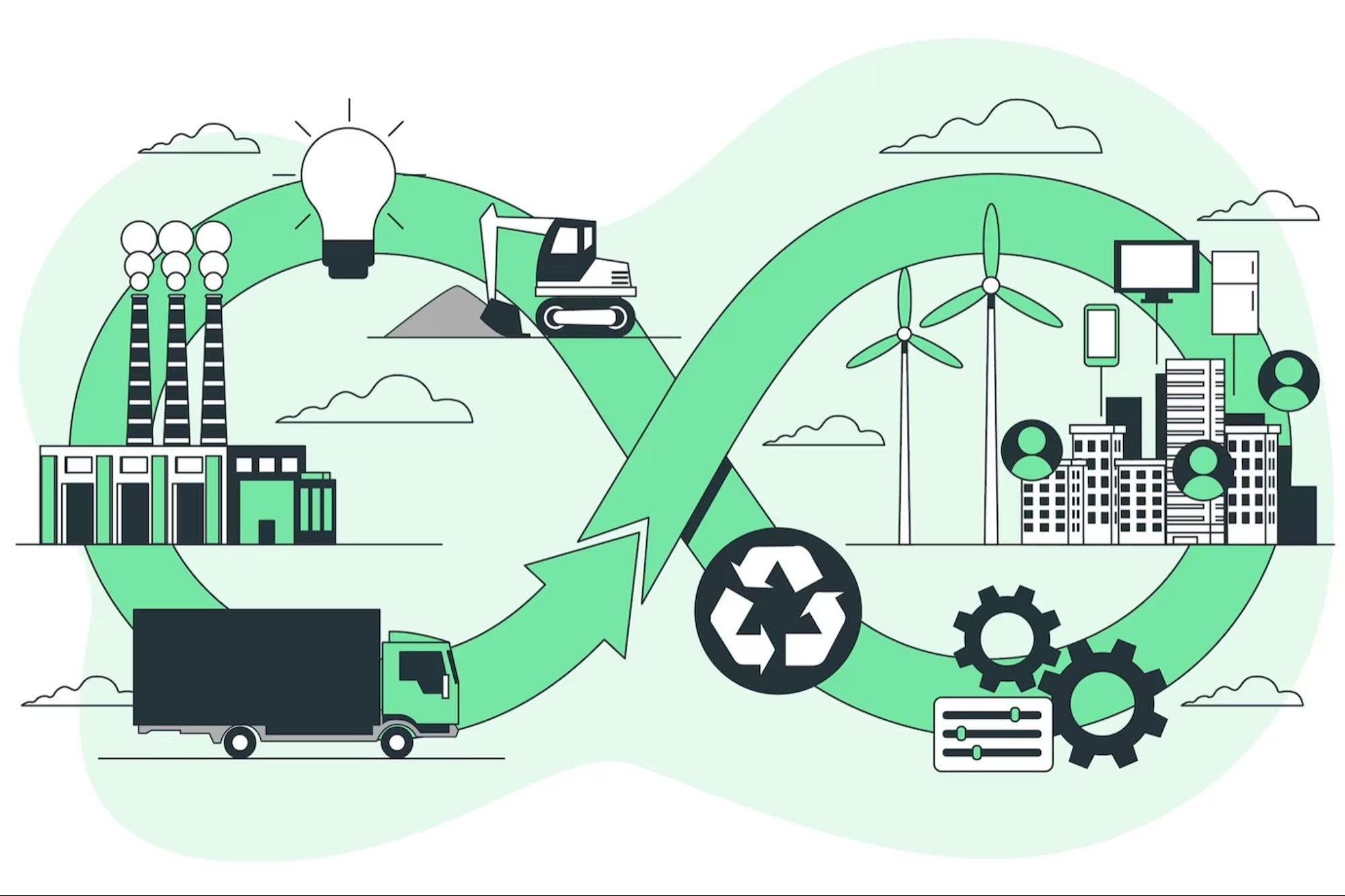MSMEs Gain Momentum on Sustainability, But Gaps Remain in Implementation and Policy Support As sustainability becomes increasingly non-negotiable in global supply chains, Indian MSMEs have little choice but to accelerate their ESG journey
You're reading BIZ Experiences India, an international franchise of BIZ Experiences Media.

India's micro, small, and medium enterprises (MSMEs) are signaling a clear shift toward sustainability, buoyed by rising awareness and a growing understanding of environmental, social, and governance (ESG) imperatives. MSMEs are increasingly recognizing sustainability not as a cost, but as a strategic lever for long-term growth and competitiveness.
According to the latest Sustainability Perception Index (SPeX) report by Dun & Bradstreet in collaboration with SIDBI, the Q1 2025 SPeX index reached a score of 69, up from 60 in the previous quarter, marking the highest level since the index's launch in late 2022. This surge, driven by notable improvements across all three pillars (awareness, willingness, and implementation) underscores a sector-wide push to integrate ESG into core business functions.
The most substantial gain was seen in the awareness dimension, which climbed 24 per cent over the previous quarter to reach 68. This jump suggests that MSMEs are no longer viewing sustainability through a narrow compliance lens but increasingly as a driver of profitability and resilience. A striking 89 per cent of surveyed businesses in Q1 2025 acknowledged a positive correlation between sustainable practices and improved profitability, reflecting a fundamental shift in mindset.
However, awareness does not automatically translate into execution. The implementation score, while at a ten-quarter high of 59, still lags behind both awareness and willingness. This implementation gap reveals operational and systemic challenges. While more MSMEs are committing on paper, many still struggle to convert intentions into measurable action, citing regulatory complexity, lack of skilled personnel, and limited access to affordable green financing.
The willingness dimension, meanwhile, rose to 69 in Q1 2025 from 59 the previous quarter, signaling a strong appetite for sustainable transformation. This upswing is especially evident among medium and small enterprises, which are driving the sector's pivot toward sustainability. According to the 2024 report data, 59 per cent of medium and small businesses allocated 5–10 per cent of their sales revenue toward sustainability practices, compared to just 37 per cent of micro enterprises.
The differences become even more pronounced when examining business maturity. Firms aged between 5 and 25 years were the most committed, with 40–49 per cent of their sustainability spending falling within the 5–10 per cent sales revenue band. In contrast, legacy firms, operating for more than 25 years, showed a lower investment appetite, with only 36 per cent directing resources toward sustainability. Start-ups and newer businesses were even less committed, with just 23 per cent of those under five years of age making significant sustainability allocations.
Beyond internal momentum, external enablers remain crucial. Manoj Kumar Vijai, Office Managing Partner – Mumbai and Head – Risk Advisory at KPMG in India, pointed out, "MSMEs contribute nearly 30 per cent to India's Gross Value Added (GVA), 46 per cent of exports, and support over 20 crore livelihoods registered on the Udyam platform—making them vital to inclusive growth and India's next economic leap." But he also flagged key gaps in the ecosystem.
Vijai stressed that in order to unlock the sector's full sustainability potential, policymakers need to simplify compliance frameworks, broaden access to co-lending and TReDS platforms, and expand digital literacy programs—especially across Tier II and Tier III cities. "Bridging gaps in finance, skills, and market linkages will be key to accelerating MSME growth in the years ahead," he said.
As sustainability becomes increasingly non-negotiable in global supply chains, Indian MSMEs have little choice but to accelerate their ESG journey. The SPeX index has emerged as a critical barometer for policymakers and industry stakeholders. It not only maps how businesses understand sustainability, but also identifies where interventions are most needed.













